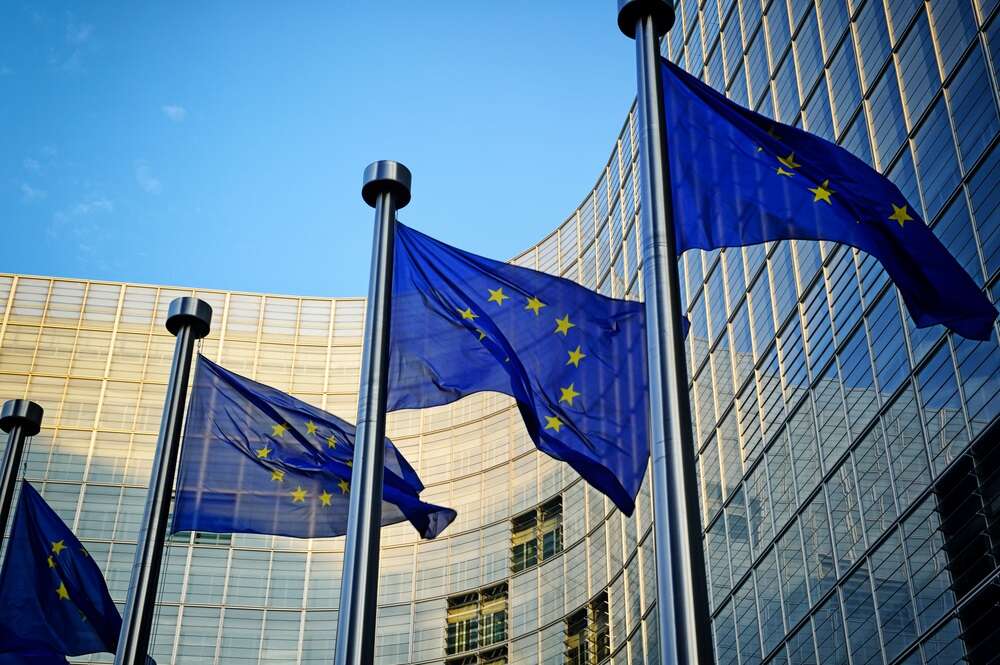European Union member states and legislators are poised to agree on the final wording of the EU AI Act, after almost a full day of non-stop negotiations. The act, which would be the world’s first comprehensive legislation regulating AI applications and development, is expected to be unveiled on Friday. If member states and EU lawmakers can agree on a final text this week, the EU Parliament will likely vote on the legislation later this month.

First proposed two years ago, efforts to finalise the EU AI Act ran into trouble earlier this year amid the growing popularity of generative AI. The legislation had been originally written to regulate specific use cases for AI, with provisions covering applications in everything from law enforcement to aviation. However, the emergence of ChatGPT and a subsequent wave of application-agnostic generative AI models forced lawmakers to return to the drawing board. Meanwhile, other jurisdictions have since raced ahead to define their regulatory position on AI, ranging from the interventionist posture adopted by China to the more overarching approach advocated by the US and UK.
EU AI Act tussles over foundation models
Meanwhile, new proposals in the EU’s AI Act to regulate the foundation models underpinning generative AI applications have run into difficulties. While a draft version of the legislation was approved by EU lawmakers in June, measures aimed at combating so-called “hallucinations” in model outputs, including forcing developers to disclose model training data, were met by opposition from Italy, Germany and France, the approval of which is needed before the legislation can pass into law. These countries have instead argued that tight regulations on foundation models may prevent EU-based AI companies from competing with rival firms in the US and China.
A provisional agreement on how best to regulate generative AI systems did appear to have been agreed between member states and legislators early this morning, according to Reuters, with open-source models appearing exempt from the strictest regulation (it remains unclear whether this occurred before or after negotiators “ran out of food and coffee at about 2am”, per the Reuters report). With the legislation only expected to come into force in 2025, however, some critics argue that lawmakers need to finalise their discussions sooner rather than later.
“With new algorithms, models and applications evolving regularly, we urgently need the EU AI Act to be a success – and to serve as a dynamic and responsive framework to address emerging challenges and opportunities,” says Heather Dawe, UK head of data at IT consultancy UST Global. “When it comes to AI regulation, striking a balance between innovation and risk mitigation is crucial – this will encourage AI research, development and deployment, while simultaneously preventing the misuse of technology.”
Others continue to insist that the AI Act will still regulate the technology far too closely. The EU may wish to pass new legislation as globally impactful as GDPR, but the “AI Act is too early, too detailed and based on the wrong regulatory approach,” says Patrick Van Eecke of Cooley’s, a Brussels-based law firm. “It will stifle the huge opportunity AI offers Europe, leading to a lack of innovation, investment, job opportunities and economic growth.”
Read more: European lawmakers vote to adopt EU AI Act
View all newsletters Sign up to our newsletters Data, insights and analysis delivered to you By The Tech Monitor team
Content from our partners

How businesses can thrive in the age of generative AI

AI is transforming efficiencies and unlocking value for distributors

Collaboration along the entire F&B supply chain can optimise and enhance business
